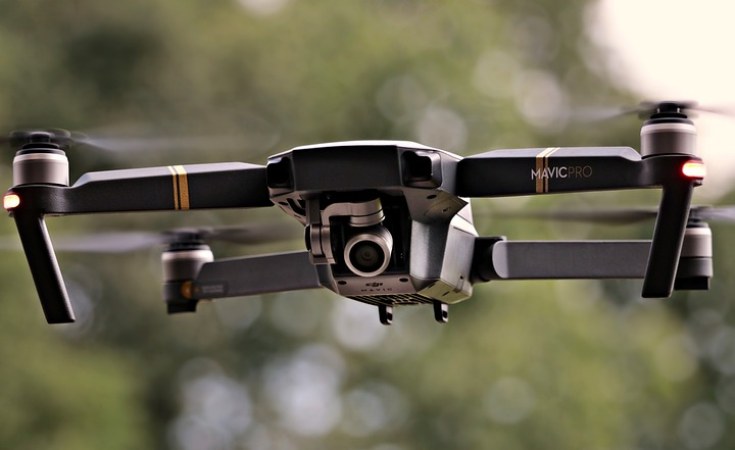In a world still grappling with malaria elimination, Rwanda was the first country to integrate and deploy drones in the most malaria endemic zones of the country for an accelerated outcome.
In 2019, the government partnered with Charis Unmanned Aerial Solutions (UAS) to introduce an innovative approach to tackle the increasing malaria cases due to changes in Anopheles mosquito behaviors toward outdoor biting, and scaling-up of irrigation agriculture.
Eric Rutayisire, Founder and CEO of Charis UAS, explained that Charis UAS collaborated with the Rwanda Biomedical Centre to develop a protocol on how to use drones and advanced 3D geospatial data as an effective tool to tackle the rise of malaria cases on the African continent.
Dr Sabin Nsanzimana, the Minister of Health, emphasized the importance of using a combination of efforts, technologies, and innovations to combat diseases like malaria. He commended Charis UAS as one of the innovative companies in the country, testifying that the pilot project conducted in 2020 showed that the use of drones to combat malaria is efficient, effective, and easy. With 3.7 million malaria cases reported annually in Rwanda, it is clear that different innovations and technologies are necessary to eradicate the disease.
The project's success has led to its expansion in 2023, with Charis UAS scaling up its activities in Rugende and Kabuye, two communities heavily impacted by malaria. Drones are now being used to map mosquito breeding sites, allowing for targeted interventions. Following mapping, drones are used to spray larvicides in mosquito breeding sites, along with community mobilization, where drones are mounted with megaphones to deliver a pre-recorded message about measures to fight malaria.
Drone- based larviciding has already had a significant impact in 2020, with the Rwanda Biomedical Center reporting a reduction in malaria cases in Jabana Sector by 90.6% from 12,041 cases to 1,129 cases, in only 8 months of drone intervention.
Health workers in the community have also noticed a reduction in malaria cases. Justine Uwingeneye, a healthcare worker in Jabana Sector, Gasabo District, said that she used to attend to at least 5 children per day, three of whom had malaria. However, she testified that after the intervention, it was no longer the case.
Looking to the future, Charis UAS plans to scale up their activities to four more districts in Rwanda and expand into more African countries. This innovative approach not only benefits public health but also has socio-economic benefits for farmers and businesses who can now add three hours to their working hours.
It is clear that Rwanda's use of drones in the fight against malaria has set a new standard for innovation in public health, and it is exciting to see this innovative approach being adopted in other countries facing similar challenges like Côte d'Ivoire, where Charis UAS drones are being deployed to end malaria in 6 endemic regions to impact over 5 million people.


